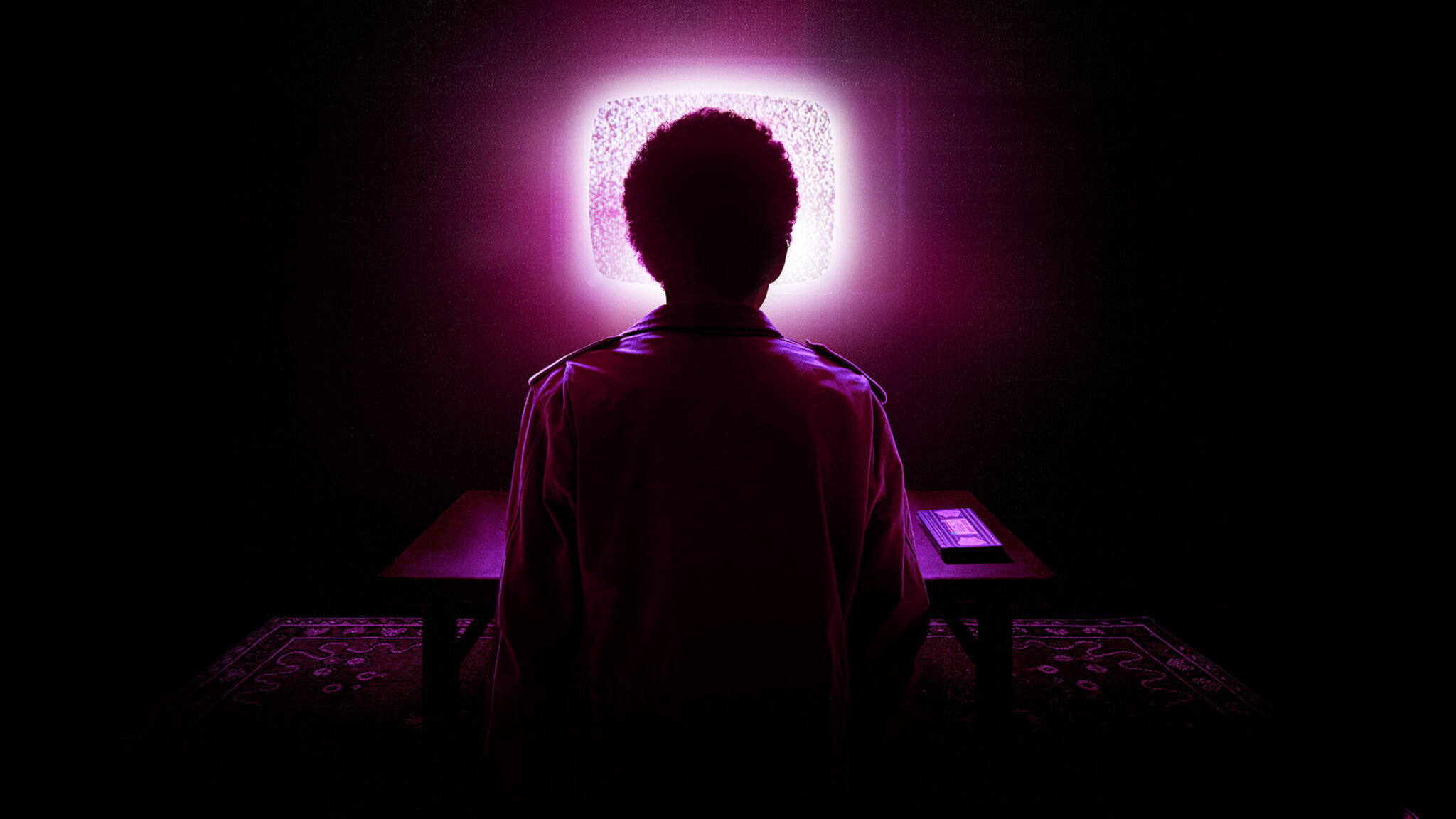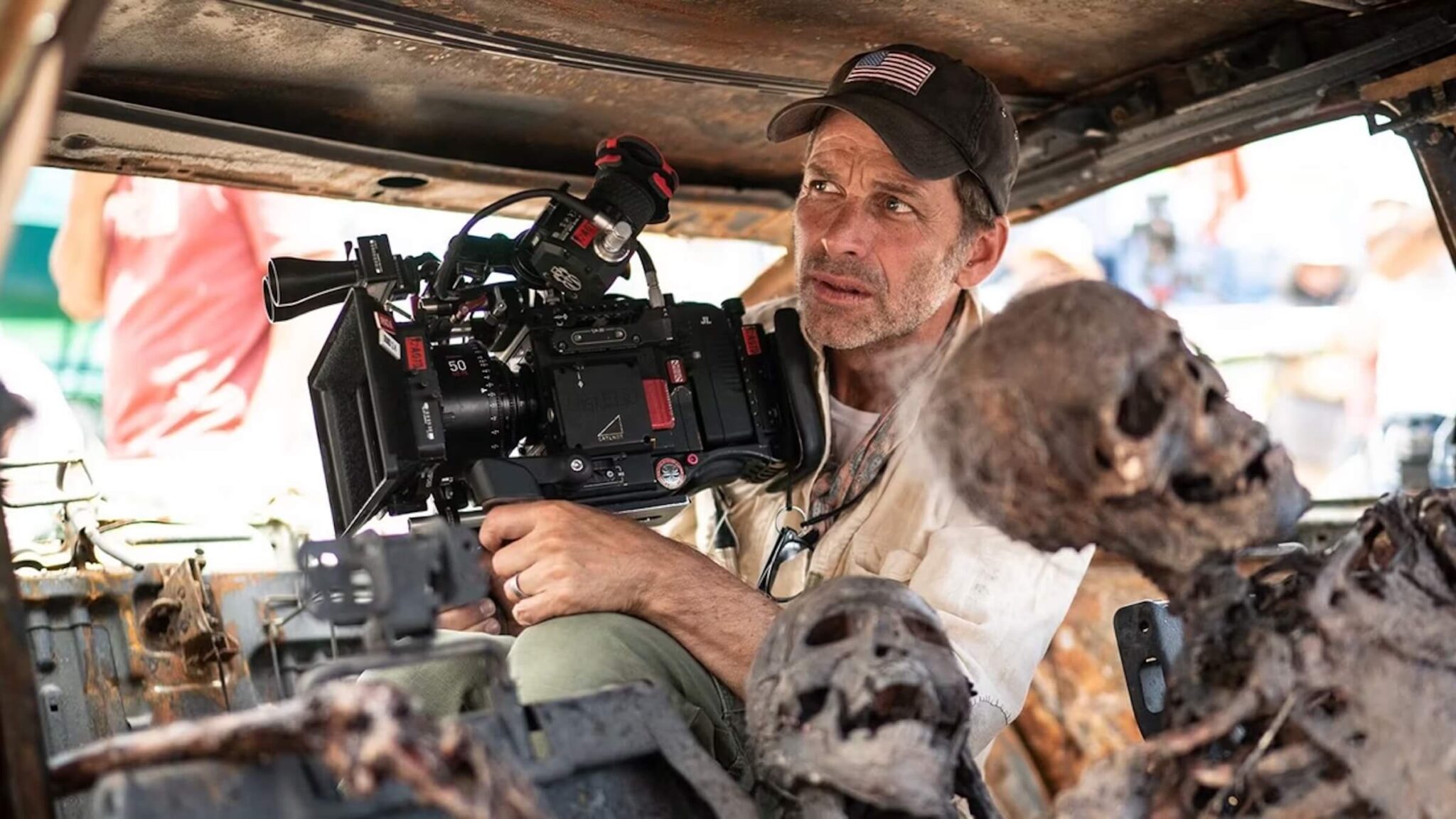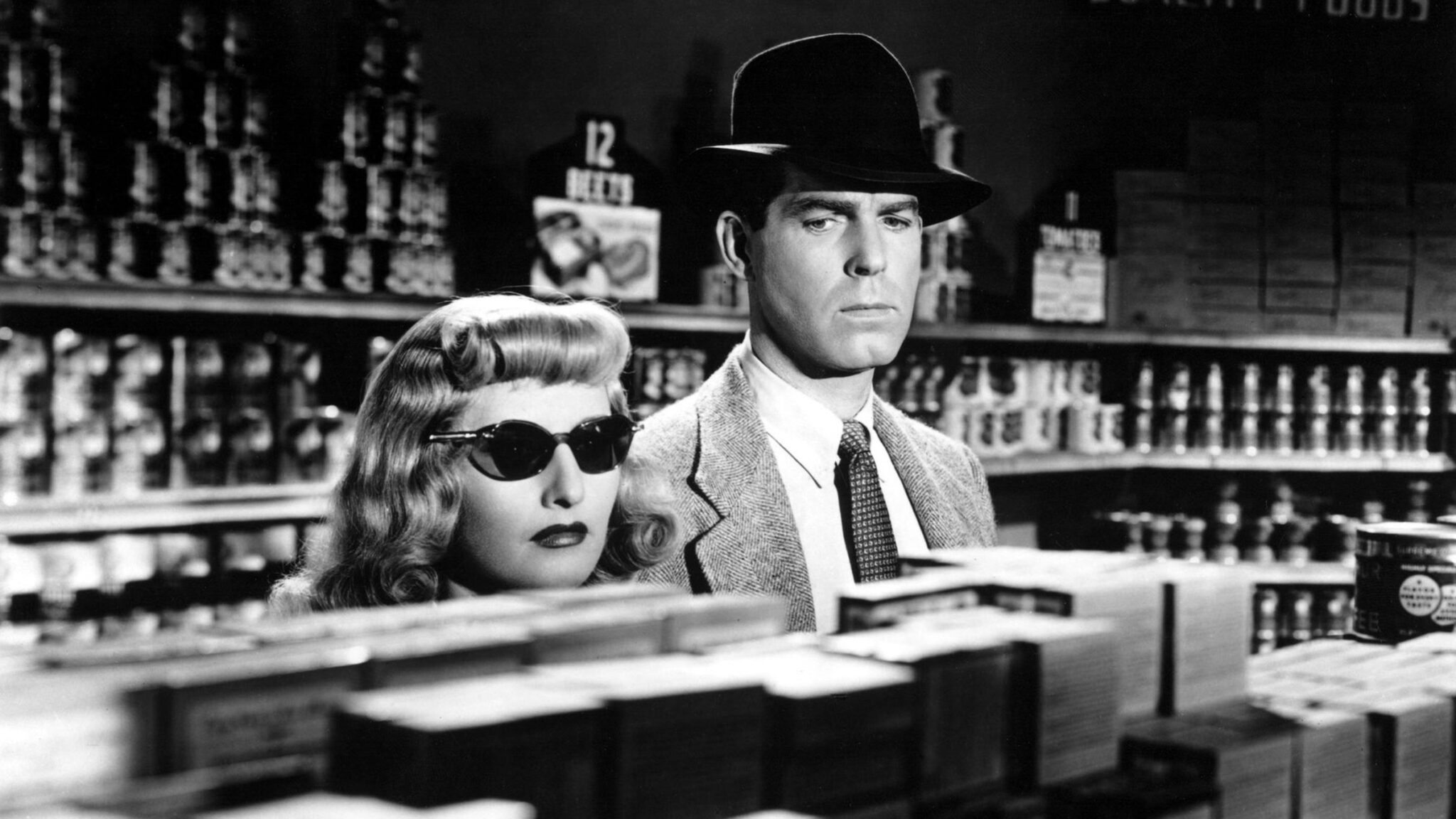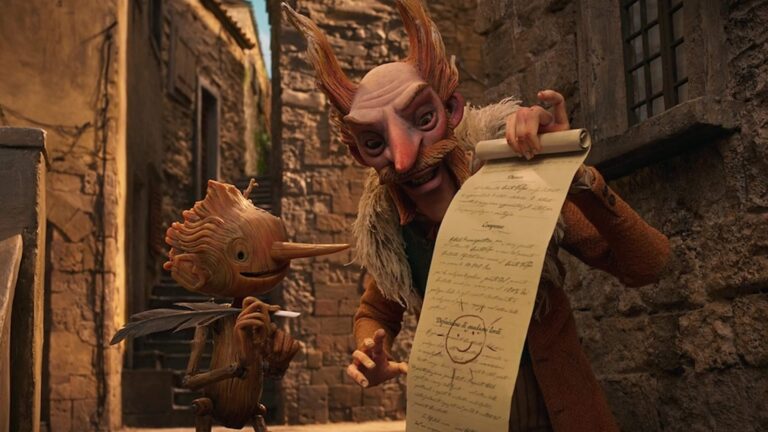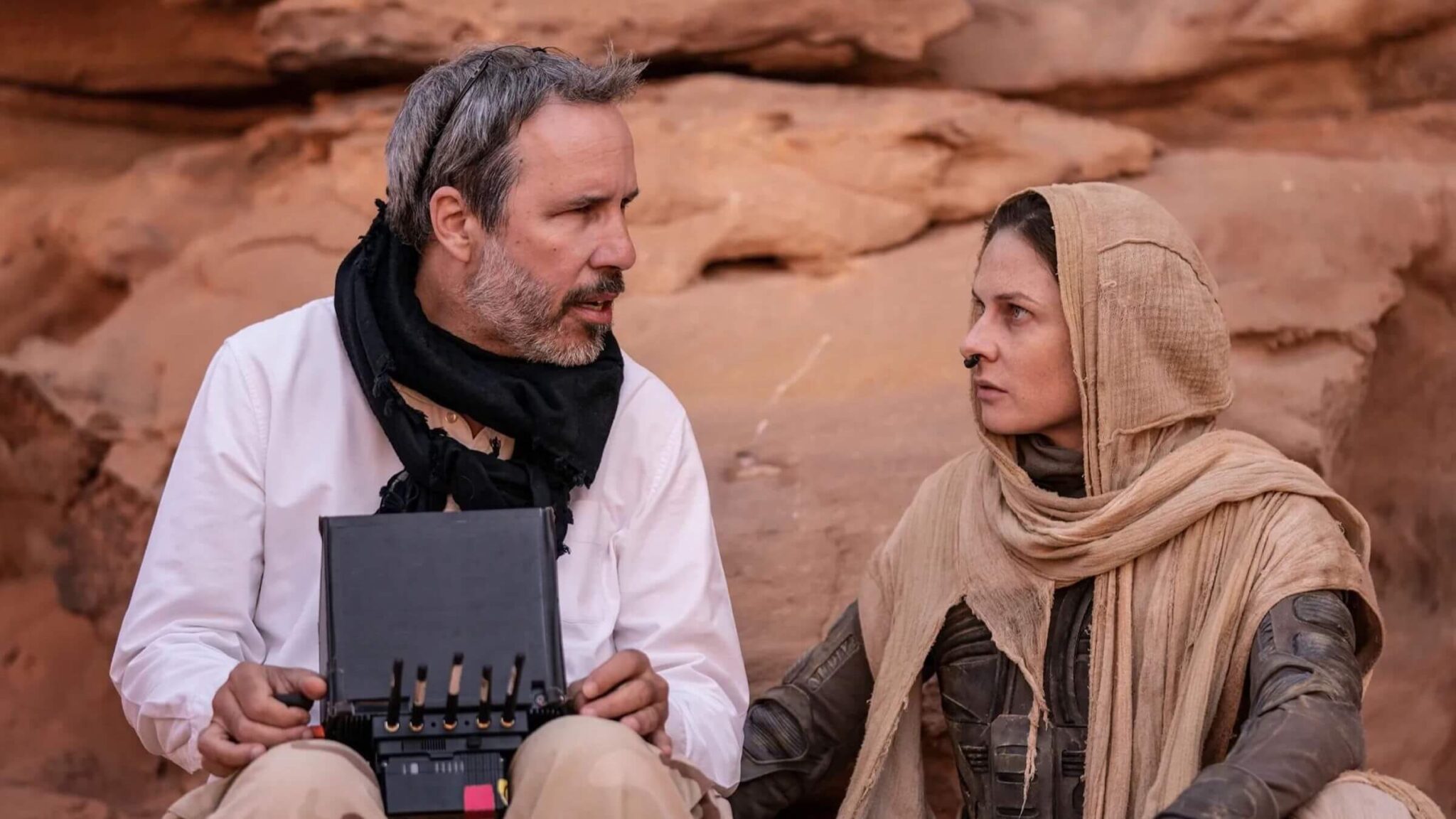Exclusive Interview with Indie Filmmakers Justin Benson and Aaron Moorhead
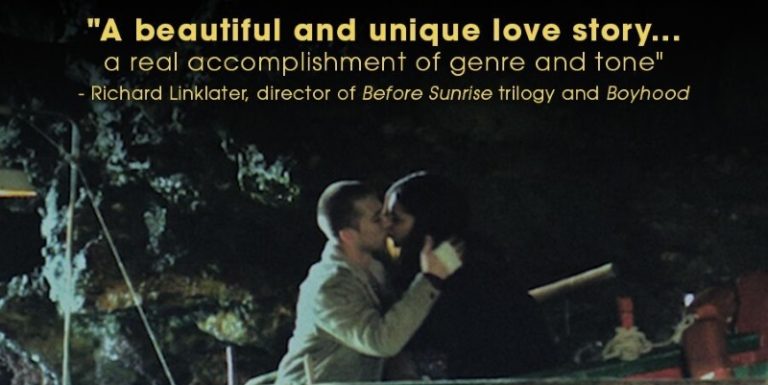
Justin Benson and Aaron Moorhead, known as Moorhead&Benson, are the co-directing team behind the 2014 Toronto International Film Festival favorite Spring as well as the sleeper hit Resolution that took the film festival circuit by storm in 2012. Both films have been wildly acclaimed by critics and audiences for their naturalistic performances, dreamy cinematography, and avant-garde approach.
Resolution remains at 100% Fresh, and Spring 90% Fresh on Rotten Tomatoes, the world’s leading site on gathering critical movie reviews. The duo has also been selected as one of Variety magazine’s Ten Directors to Watch in 2015. The duo is a self-contained unit that has been defined as “quietly mythic”: unpredictable storytelling that won’t leave you after viewing, ardently character-first approach, a wry sense of humor, and arresting visuals. They wear as many hats as possible on their own films: writing, directing, producing, cinematography, editing, even visual effects.

From left to right: Justin Benson and Aaron Moorhead
ScreenCraft: How, when, and where did your storytelling roots begin?
Justin Benson (JB): I was asked to do this little creative writing thing in the 9th grade, I barely remember what it was but I know it had something to do with Bubbles (Michael Jackson’s chimp). I do remember I spent no more than 10 minutes on it because class was just this thing that I had to get through before getting back to surfing. Soon after that my parents went to this parent-teacher conference thing and the teacher was like, “So Justin doesn’t really put effort into anything here except girls and getting to the beach faster, but strangely he does seem to have a unique talent for creative writing.”
My parents told me that when they got home, and it gave me pause as I headed out the door to fish for forty-ouncers of Mickeys outside a liquor store on El Cajon Blvd.. When I discovered Linklater and Tarantino films soon after that, I was inspired to just start screenwriting and actually kept it up. Then after about fifteen years of trying and failing to do it professionally, we made Resolution on our own dime and some doors finally opened. I listened to this podcast recently with Kurt Sutter where he talked about how in the first writers room he worked in he was the only dude older than forty in there.
He went on to say that basically the twenty-five or so years of harsh rejection and a generally hard-boiled life before The Shield and Sons of Anarchy are responsible for his voice as a writer that millions of people now love. Hearing that actually made me realize that my best writing probably comes from the years of total failure and being an outsider, and made me kind of wish it took even longer to break through. That said, it’s really working with Aaron though that brings out the best in my writing so as long as he’s around to read, give me notes and talk em’ through, there’s no goin’ back. Man, good thing Kurt Sutter didn’t meet Aaron Moorhead a couple decades ago — besides being really weird hanging out with a nine year old in Florida, we wouldn’t have The Shield.
ScreenCraft: How did the two of you meet and how long have you been collaborating?
Aaron Moorhead (AM): One of these two stories is true. When I graduated college I decided to walk across the United States because I really liked Forrest Gump but hated jogging, so a cross-country walk was the closest I could get to being Tom Hanks. Halfway thru Texas I realized it was really hot and that I hated walking too, so I started to hitchhike. The person to pick me up in his long-haul semi he was driving at the time? Justin Benson. That was seven years ago.
The other possible story is that we were lowest-possible-rung interns at a commercial production company and we happened to sit together and start talking, also seven years ago.
YOU decide which story is true.
ScreenCraft: Your films are often described as genre-blending. Is this a conscious choice when you develop, write, and produce your films?
JB: Not at all actually. Not even the tiniest bit. But it’s been cool to see the discussion and marketing and all that sort of just naturally point it out. I’m still not even entirely sure what makes something in one genre and not another, but I’m not the smartest dude in the world. The “genre-bending” thing is probably just the result of the way Aaron and develop stuff, which mostly follows these guidelines: Be interesting, innovate, character first, probably don’t do it if it’s been done a lot before even if you have a really fancy way to talk about your “homage.”
The only thing I don’t agree with is I don’t think a sci-fi or horror movie should be called “genre-bending” just because there’s more time spent on the dramatic components.

Some genre movies choose to use archetypes that don’t need as much character work and that’s fine too, but labeling something “genre-bending” can come with the presumption that pure horror and sci-fi can’t have emotionally complex characters and human levity, which is just plain untrue. The world tradition of sci-fi and horror has just as much beautiful, classy storytelling as any other category of storytelling. Unfortunately these genres do have more shlock so that’s maybe where this presumption comes from. But still, sometimes there is an elitist assumption to the “genre-bending” thing, and it makes me feel like my unsophisticated self got in the “elevated” club by accident, and I think the prestigious international cultural traditions of horror and sci-fi deserve way more respect than that.
ScreenCraft: What are the pros and cons of producing genre-blending films and are there any secrets or tricks of the trade to do so successfully in such scripts?
AM: The cons first. THE BUSINESS END OF IT SUCKS. Marketing people don’t know how to market it and mass audiences don’t inherently know where to find it. People expecting one thing get at least a piece of another. Often this can lead to a satisfying and mysterious cinematic experience, but it can also lead to deflated expectations if you do it wrong or find the wrong audience. On the business side these kinds of films are called “tweeners” and it’s a disparaging term, or more accurately, a discouraging one discouraging distributors from buying it.
The pros are that you can tell any story you want, can break new ground, and audiences will appreciate you for it all the more because you’ve surprised them.
Frankly the pros outweigh the cons, because no one asks what genre, say, the Coen Brothers work in. It’s just a Coen Brothers film. Stephen King writes horror just as well as he wrote books like The Shawshank Redemption, and I don’t know what genre to tell you The Dark Tower books are, it’s just all genres. And no, it’s not primarily a Western just because there’s a desert and a mysterious person in a long coat with pistols. On a long enough timeline, we’ll just be making Moorhead & Benson films, and no one will worry about whether or not we blended genres.
ScreenCraft: You’ve proven to be prolific indie producers, writers, and directors, as far as getting your own projects produced. What has gone into accomplishing that?
JB: Write for a budget that in a worst case scenario you can just go make it yourself, that’s probably the biggest thing. Both Resolution and Spring are self-financed because no one would make them — especially Spring, that movie got more rejection than pre-The Shield Kurt Sutter). Also, even if you find financing, indie film budgets now are almost invariably tiny, so if you don’t understand how to execute what you’ve wrote with a small budget, probably not a good idea to put in the script regardless. And no matter where that budget is coming from you have to be relentless, and just always make movies no matter the resistance. Just assume everyone will say no because they mostly will even at movie number three, even with profitable, critically acclaimed movies under your belt. There’s a lot of reasons why people like the Duplass Bros., Joe Swanberg and Amy Seimetz are so successful now, but a huge part of it is that they made stuff with whatever they could, no matter what, non-stop.
But actually, the biggest thing to being prolific and keeping quality up, is build your family of collaborators and be more loyal to them than a Tennessee hound dog on molly.

Aaron and I are pretty helpless without the brilliance of our producer David Lawson, who I actually met when I was his PA/struggling writer-director dude. And without our sound mixer Yahel Dooley, our editor/generally rad collaborator Mike Felker, our camera dude Will Sampson, and our composer Jimmy Lavelle, and many others, our movies aren’t good. Find your movie-making family and worship them because you’re nothing professionally without them.
ScreenCraft: What is your general process of taking an idea and developing it into a script, especially with the added dynamic of working as a duo while doing so?
AM: The inception part of it doesn’t really have a process, it’s just however it happens. What I mean is, we don’t really sit down and say “let’s make a movie. What do we want to make a movie about?”
Normally Justin comes up with an amazing idea while doing something cool like working out or riding motorcycles or being single or volunteering to help inner-city children, and writes down a bunch of things about the idea before presenting it to me. Sometimes I’ll have a vague idea of a kind of movie to make or a story to tell and throw it his way, but most of the time, it begins in Justin’s big fat noggin. That’s when the “process” begins.
We get in the same room for an afternoon and just throw everything at the wall. Get almost all of the beats we want worked out, the characters, the general meaning and feel of the script. Justin will type all that up into a document, shoot it to me, we tear it apart again now that it’s more formalized. After that, he locks himself away like a cave troll while I party in Vegas etc, and a few weeks go by and a first draft comes out of it. I’ll play Development Exec for the next two drafts, then on the next draft we send out to Trusted Readers, we both parse the notes, he throws the ones we like into another draft, and that’s often where we feel good about trying to make it a real live movie. It’s rare that it doesn’t happen something like that.
ScreenCraft: Your film Spring garnered excellent reviews and even gained the attention of iconic horror director Guillermo del Toro. What has that exposure done for your career?
JB: We’ve been really lucky. Spring was a tiny release with a tiny marketing budget and it has really caught on. People seem to really emotionally connect with it and get vocal on social media, and to have Del Toro and Linklater say nice things about this movie that is basically homemade is as surreal as you would imagine.

But actually almost as many business doors opened with our first film Resolution, though it should be said that most of these opportunities do come with the risk of losing your voice.
We’ve always been dead-set on growing at a pace that allows us to be more like the Coen Bros.. That’s the sort of end game anyway — move up in budget in a way that empowers us to keep control and always do what we truly believe in without compromise, thus keeping our storytelling bold and innovative. That’s been the plan for the last seven or so years anyway. If Aaron gets expensive taste in furniture and starts drinking coconut water I’ll probably just go with it and make Transformers 8 because he’s my homie.
ScreenCraft: What writers, filmmakers, and films have inspired your own work?
AM: On the more mainstream side of things: Stephen King with his tone and prolificness, Steven Soderbergh because of his one-man-army working style and ballsy cinematography, Guillermo del Toro for his monsters and visual depth, House of Leaves for it being one of the only books to ever scare me to my core while fascinating me obsessively simultaneously, Preacher for a graphic novel having the balls to make me cry, and for taking tired archetypes and making them red-blooded humans.
On the indie side, the Duplass Brothers for being prolific, and saying “the calvary isn’t coming” in regards to getting off your ass and making movies instead of waiting for someone to do it for you, Matt Pizzolo for being the most f***-it punk rock creative & business guy we’ve ever met, and Ben Wheatley because his films, in order, have coincidentally mirrored ours in both subject matter and tone — he makes the absurd and terrifying feel immediate and real, and doesn’t worry about genre. And all of our friends that also make movies. We’re perpetually jealous of and inspired by them.
ScreenCraft: Do you have any dream projects or assignments?
JB: We used to want to do Preacher or The Dark Tower so, so bad, but they’ve been swooped up by more fortunate, way, way more famous filmmakers. We’d go golden retriever puppy on PCP bonkers and run through the streets of Los Angeles singing a trap version of Amazing Grace in glorious rapture if we could adapt House of Leaves though.
ScreenCraft: What advice would you have for both up-and-coming genre screenwriters AND filmmakers?
AM: Take care of yourself, get enough sleep, drink coffee, don’t get addicted to drugs, and go out and lead what you find to be an interesting life. Besides that being good for the soul and being a wellspring of new stories, it’s the only possible way to develop a voice that you own. If you can, travel. If you can’t, take your free time and do something with it you’ve never done before. Go climb a mountain and don’t tell anyone. Talk to a stranger. Get hurt, learn, do it again, learn better. Put all that emotion on paper or on screen. You won’t have a meaningful story to tell otherwise.
For more from Justin Benson and Aaron Moorhead, including a discussion of their most recent film, The Endless, head on over to The Script Lab.
https://youtu.be/wcDMTbn_VeU
Tags
Get Our Screenwriting Newsletter!
Get weekly writing inspiration delivered to your inbox - including industry news, popular articles, and more!














